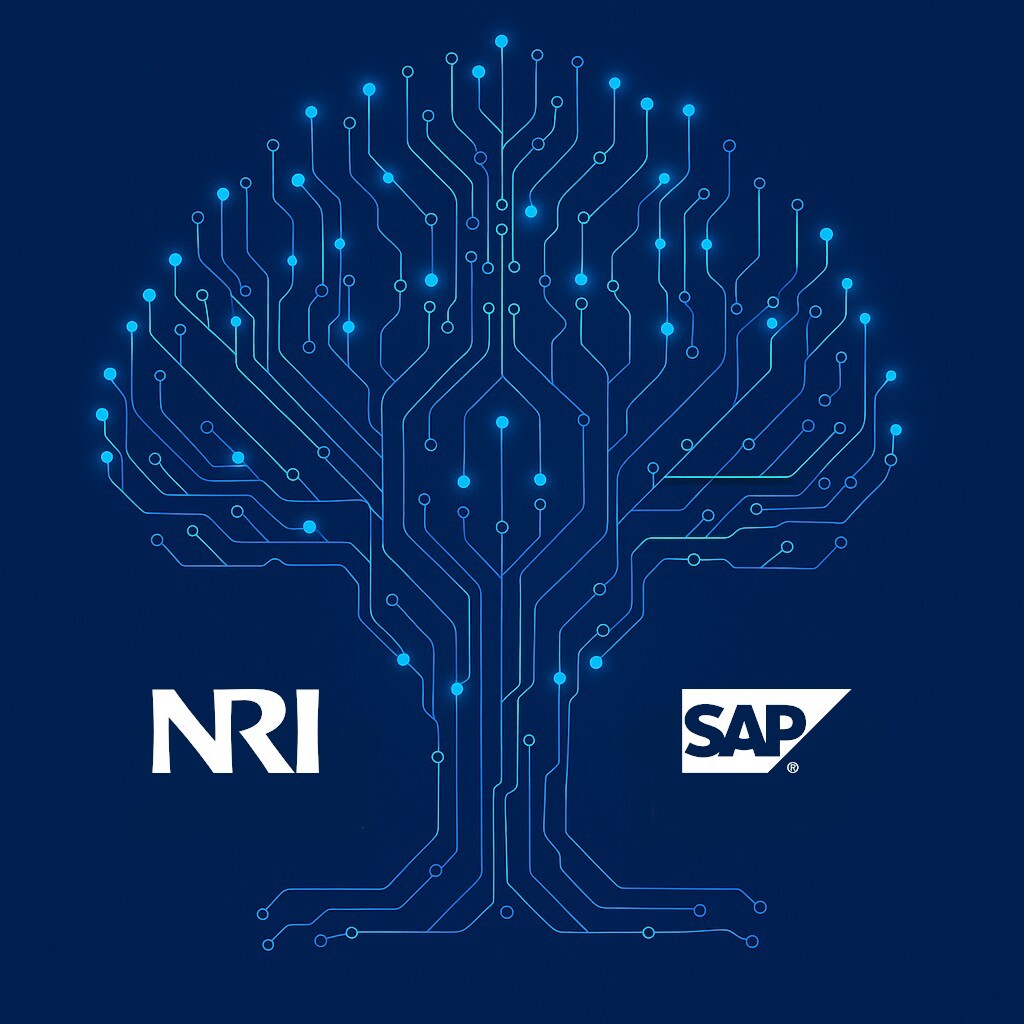Insights
Salesforce AI in Healthcare – Practical use cases for call centres
- Date 02 Aug 2024
- Filed under Insights

The Australian Government 2023-2024 Budget has estimated total spending on health to be $106.5 billion, with $556.2 million over 5 years provided to strengthen mental health and suicide prevention systems. Like the healthcare industry, mental health also faces challenges like administrative errors putting lives at risk, lack of health personnel and rising healthcare costs. These challenges were identified in the paper ‘Generative AI’s Potential to reshape healthcare’ by the NRI (Nomura Research Institute) India team.
As cases of mental health disorders continue to rise, the mental health sector is looking at ways to ease pressures on hospitals and specialists by investing in tools and services to aid in early intervention and prevention.
Growing significantly in healthcare is the use of AI and Machine Learning, aided several factors including the healthcare data boom which saw a huge increase in data collection, the availability of advanced computational power and finally, the maturation of AI algorithms. Today, AI and Machine Learning is used to further advance technology solutions in areas ranging from diagnostics and imaging, to drug discovery and more personalised treatment plans.
Solving real customer needs
At NRI, we recently collaborated with Salesforce to develop a pilot for use in the mental health sector, aimed at modernising toolsets used by mental health counsellors and call staff in mental health centres. Our pilot was developed with a particular customer in mind, who was looking to solve issues with data integration, noting that its counsellors and call centre staff often struggled with getting up to date information during calls.
Whilst the goal was to show how we could put insightful data into counsellors and call centre agent’s hands in real-time, we also looked at how we could extend the solution to ease other day-to-day tasks. Armed with these objectives, we started with the Salesforce Health Cloud platform and integrated several other Salesforce ecosystem products, including Service Cloud Voice, Salesforce Digital Engagement, Salesforce Scheduler, and Salesforce Maps.
Salesforce Health Cloud provided us with the base platform that would allow patients and providers to interact through numerous services across multiple data models, including household, clinical, claims, health insurance, care programs, and other data models. Using these data models, an individual could make a call to a service line and be referred to a service provider in their area for care or therapy for mental health issues or addiction. The agent receiving the call simply uses Salesforce Scheduler and Salesforce Maps to schedule a consultation with a service provider within the individual’s postcode or residential area. Once the booking is confirmed, Salesforce Digital Engagement would automatically send out confirmation emails or SMS messages to both the individual and the service provider, notifying them of the booking.
Salesforce Digital Engagement with chat functionality and chatbots also allows agents to handle only queries that require human intervention. This functionality can be applied to multiple everyday use cases, such as booking and scheduling calls and appointments, handling inquiries, and sending outbound notifications.
Continuing on our journey of what’s possible, we kept looking into ways AI could be used to generate therapeutic content, exercises and interventions tailored to a patient’s specific mental needs. It is worth noting that AI and Machine Learning has many uses for the overall health sector. These range from use cases for healthcare providers including the use of knowledge management algorithms on vast data sets, to use cases under AI-driven pathology.
Use cases for AI in health-based call centres
Booking and scheduling appointments

An individual has requested one or more appointment times. Rather than the call centre agent manually searching across multiple service providers, the autonomous AI agent returns a list of available appointments in the individual’s area that best match the request. Over time, the AI agent learns to understand the availability of services during certain periods and the preferences of individuals when giving multiple options, therefore providing a more personalised service. For the call centre agent, now not distracted searching for suitable bookings, is free to maintain a conversation with the individual while the AI agent does the work – ensuring that the patient feels listened to.
Real-time transcriptions

The feeling of not being heard and listened to when it comes to talking about mental health concerns is detrimental. AI agents can help with this by taking notes or enabling Service Cloud Voice functions to transcribe conversations in real-time (assuming caller authorisation has been granted).
Abuse detection

A common issue counsellors and call centre agents report is callers being rude or abusive. Using AI, any offensive language or abusive tones expressed during the call can be flagged for supervisory oversight, and using Service Cloud Voice, a supervisor would be able to listen in on calls to support the agent.
Employee care

AI agents could also be used to detect stress or discomfort in a call centre agent’s tone, which could then alert a supervisor and notify them that the agent may need to take a break due to the intensity of the call they just completed. AI could even autonomously schedule the agent for a break by rescheduling or reassigning their next calls.
Identification of repeat callers

Repeat callers can be a cause for concern, and identifying such regularity is important in ensuring the right actions are taken to support the individual’s welfare. Regardless of whether a caller provides a fake name, or uses a different phone number, AI – using voice recognition – could correlate the calls in real time to existing records and provide the agent with this information.
Autonomous communications

AI agents could assist with communications in various ways, such as using chatbots to verify email bounce statistics before sending out emails to ensure deliverability, or even proactively sending communications to individuals based on predictions. For example, sending an email to ask if the patient would like to schedule more sessions based on data-driven criteria.
From pilot to practice
Whilst there are great benefits to the use of AI and Machine learning in healthcare, there are also risks that organisations should be aware of and attempt to mitigate. These risks include:
- The inherent bias of Generative AI is amplified when the data sets used to train the models contain racial, gender, socioeconomic or other demographic bias.
- Hallucinations, where the outputs are not based on reality or the input data.
- Lack of transparency, where AI systems don’t reveal how they arrive at the conclusion. This can be problematic in a healthcare setting since decisions can have life-changing consequences.
Purpose built for the health industry, Salesforce Health Cloud helps bring data into a 360-degree view, automate processes, and synthesise actionable intelligence so you can deliver services tailored to your user’s needs. Delivering this vision requires a focused strategy that looks at all users – because AI is about people, not technology – along with data quality, and restrictions around security, privacy, compliance, and governance.
Get in touch with our Salesforce experts
Through our partnerships with government health agencies, hospitals, aged care providers, and insurers, we have provided a trusted pair of hands to Australia’s health sector as it transforms the way it operates, interacts, and delivers to its citizens and workers.
Whether that be through Managed Services which help support everyday operations, to unravelling and connecting data across health ecosystems, and delivering applications for patients, and tools and systems for health care workers.
We’re helping the industry reimagine how they deliver services through innovative technologies, whilst providing the insights and experience to ensure safe progress. Get in touch with our team today using the form below.





